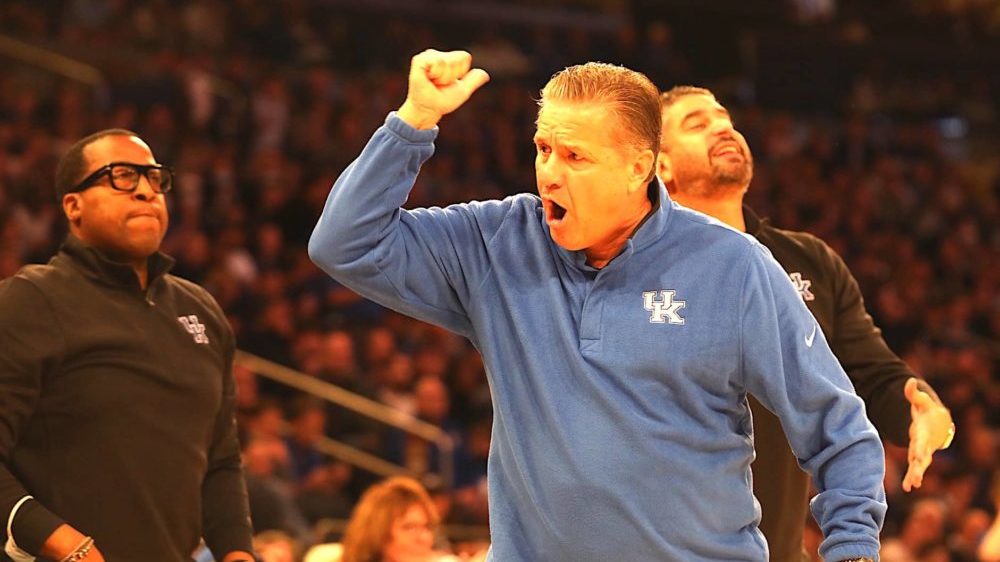
Coaches like John Calipari often don't like the block/charge decisions made by officials. (Photo by Vicky Graff)
It looks like the NCAA Basketball Rules Committee might be once again trying to address the issue of “flopping” within the college game. It seems like each year the block/charge call in college basketball becomes more and more onerous for fans and coaches alike. Last season saw multiple block/charge calls that helped decide winners and losers of critical games.
The problem has become so prevalent that last year the NCAA issued a statement during March Madness to clarify what should be a legally called block/charge foul.
It read like this:
“Before the offensive player (with the ball) becomes airborne, the defender must have two feet on the floor, be facing the opponent and be stationary to draw a charge. Otherwise it should be a blocking foul.”
It went on to say that “secondary (help side) defenders (that are ) moving forward or to the side are also in violation and those should be blocking fouls.”
Now I don’t know about you but I saw plenty of calls by officials during the 2021-2022 basketball season that were called charges and did not meet this criteria. It’s pretty obvious that the NCAA has an officiating problem and knows it.
Last season the NCAA Men’s Basketball Rules Committee chaired by Colorado coach Tad Boyle recommended that the rule be changed to allow a Class B technical foul to be called on a defender the officials believed had intentionally “flopped” trying to draw a foul on the offensive player. Ultimately a decision was made for the 2021-2022 season to continue to warn players first before assessing a technical foul. (A Class B technical foul does not count as a personal foul but does award the offended team one free throw).
Now, once again the rules committee, this time chaired by West Virginia coach Bob Huggins, is recommending that the warning phase for the rule be eliminated and officials should immediately call a technical foul if they suspect a defender of “flopping” in an attempt to draw an offensive foul.
Huggins said the lack of a rule change last season was not effective. He went on to say, “We didn’t feel like we were getting the results we wanted with the warnings. Our goal is to continue to try to get flopping out of the game. The committee believes giving the official the ability to call a Class B technical foul the first time they see a player faking being fouled, it will be more of a deterrent.”
The rules committee recommendation now goes to the NCAA Playing Rules Oversight Panel which will consider all proposed rule changes when it meets on June 9.
If accepted, the new rule would cover “faking being fouled (flopping) on block/charge plays, on attempted tries on field goal attempts, or using any other tactics such as a ‘head bob’ which might incorrectly lead an official to believe that a foul has been committed.”
It seems to me that this should be a pretty easy change to make. The big concern would be not the rules change but that if officials can’t get the call correct now, (meaning they fall for the “flop”) and call an offensive charge what makes anyone believe that changing this rule would help them correctly determine that the defender was not legally set with both feet on the floor or was not facing the offensive player and was stationary.
Right now it seems that the play happens so quickly and so often in games that officials don’t seem to have the necessary expertise to determine if the play was truly a charge or “flop.”
Under the old rules defensive players had to be set for a certain period of time before a charge was called and that made it easier for officials to determine if the play was in fact a charging foul. Since that requirement has been dropped it has become too difficult a call for officials to make correctly and many times it appears to an outsider looking in that they just guess and replay shows they guessed incorrectly.
I’m not sure what the correct answer is (but I would recommend going back to the old rule of establishing legal guarding position for some segment of time before a charge is called) but I do know that currently among its many problems the NCAA also has an officiating credibility problem for men’s basketball and it needs to be corrected.
Maybe the fact that the rules committee is still searching for answers means fans may be a ways off from seeing significant officiating improvements soon.


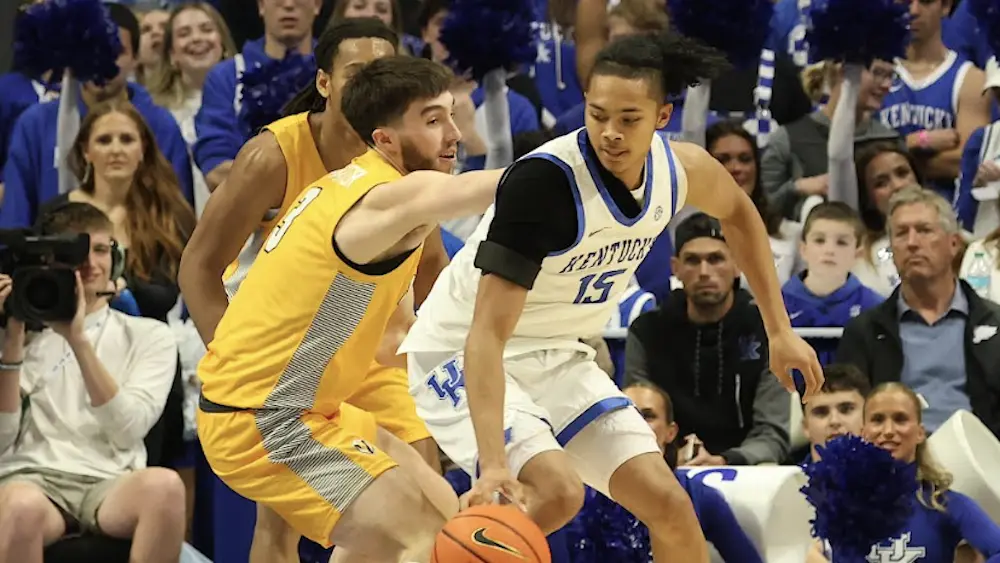
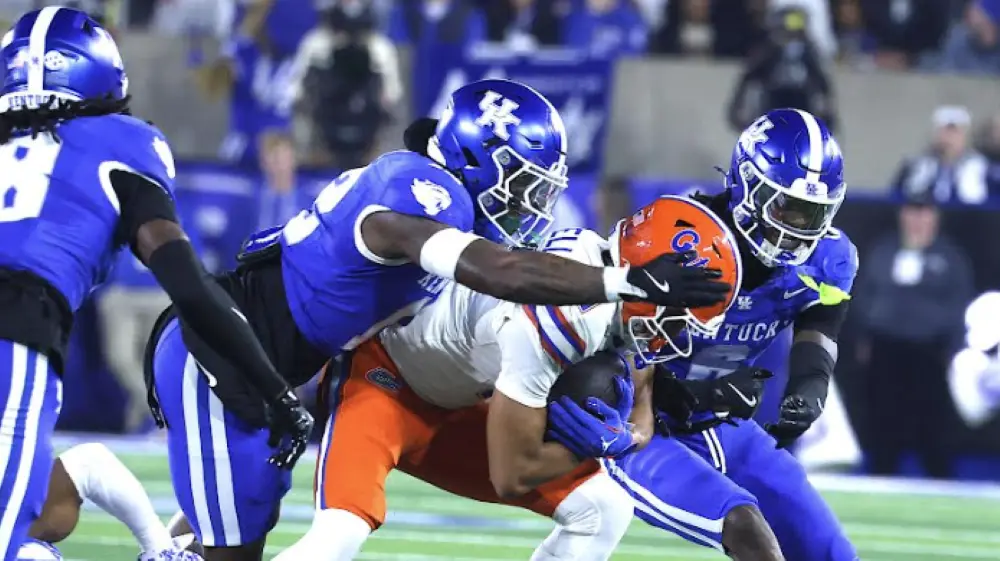
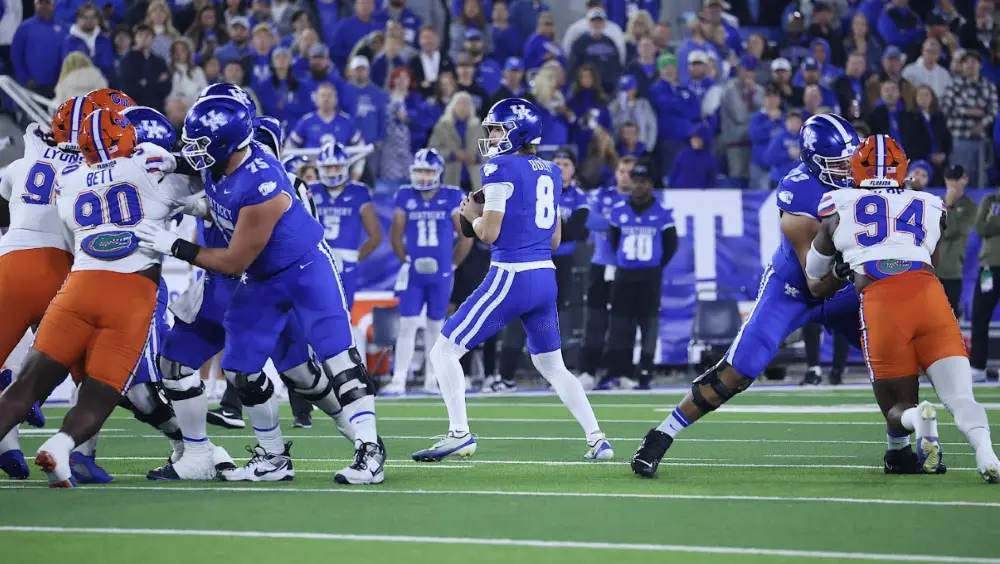
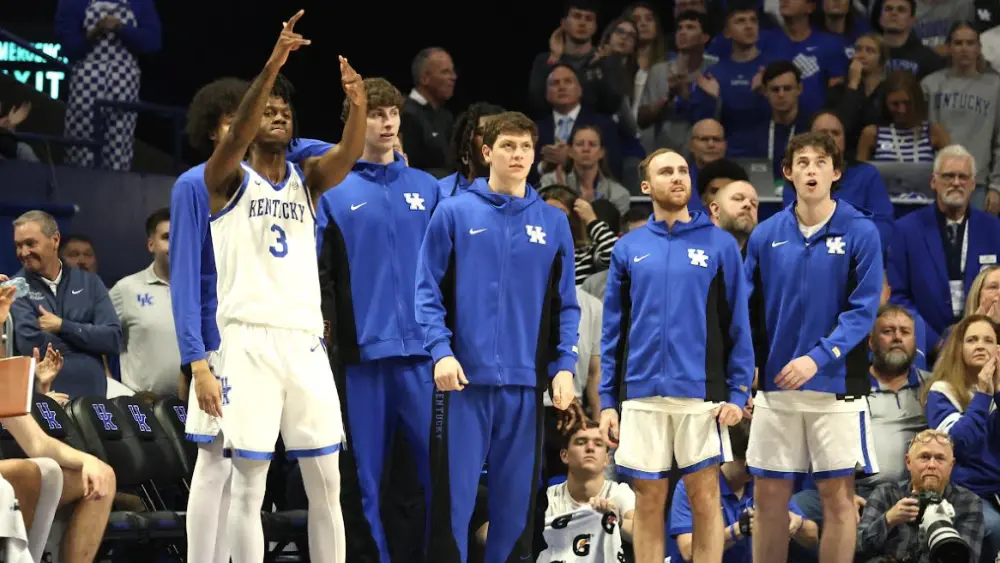
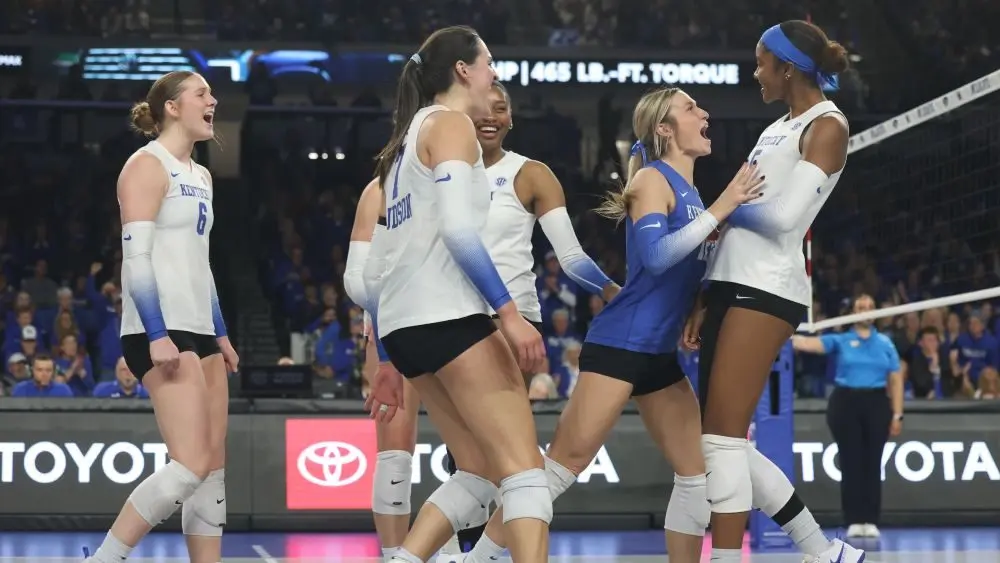
8 Responses
I do not like the flop call, because the referees never call them. My solution is to change the block/charge from a foul to a turnover to negate the damage of missed calls.
They need to go to something closer to the NBA rule where the defense has to be set before the foot is planted. That is much easier to see and call.
But I could see some form of Ben’s suggestion making a difference too.
It just needs to be cleaned up for safety more than anything. But it would save both teams a lot of fouls if everybody was more certain of what the call would be, instead of gambling every time there is a drive to the basket, I think.
interesting idea Ben
Ben has a good idea. And a question. When was it that a defensive player had to be set for certain period of in order for a charge to be called? Thanks.
Pretty good idea Ben
They need to go to something closer to the NBA rule where the defense has to be set before the foot is planted. That is much easier to see and call.
the foul should be call on who caused the contact . If the player with the ball is jumping forward it is a charge all day long.
College officials are amateurs, and the quality of their work is amateurist.
The sport needs full time, well paid officials whose only job is quality officiating of the games, AND the officials must not be protected by silly rules that prohibit criticism of their mistakes.
After every game, at least one of the officiating crew, and perhaps all 3, must appear before the press to address questions, and the standards for advancement in this field of work must be tied to the quality of their performance, measured by objective reviews of their actual game calls.
All the rules in the world, and all the adjustments to the rules in the world , will not fix the officiating problems. These issues have been pervasive in college sports for decades, and they only get worse with each passing season.
The status quo is unacceptable. But then, so is the NCAA itself.